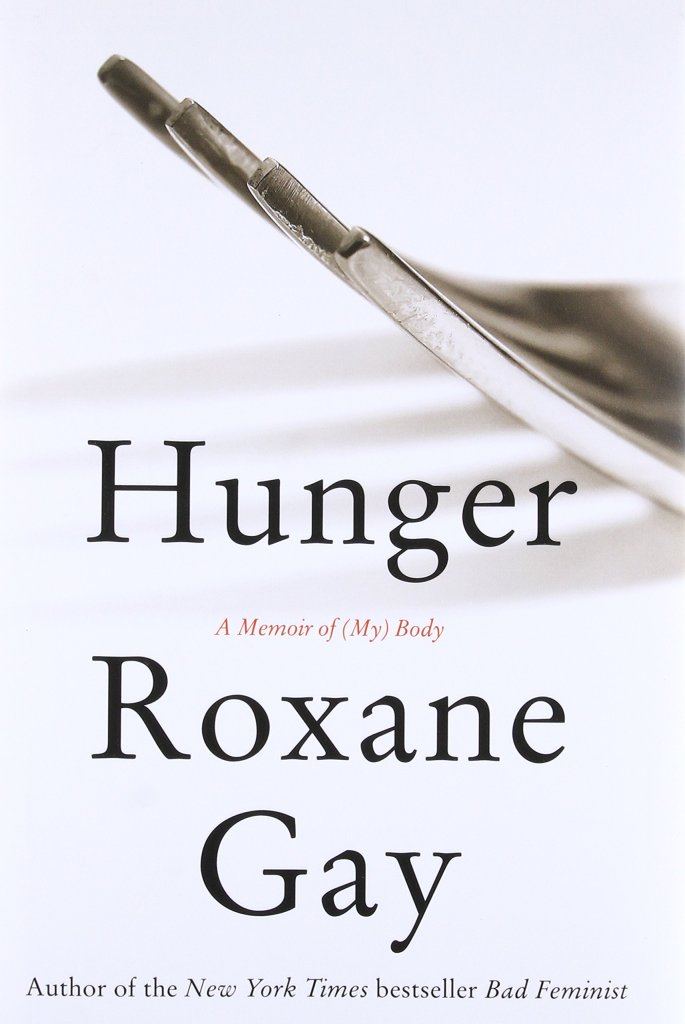
When she was 12, Roxane Gay was taken to an abandoned cabin in the woods by a boy she had a crush on, and she was raped by him and several of his friends. As a response to that trauma, she ate, both for pleasure when there was none and to become invisible and protected, making her body a “fortress.”
Her memoir, Hunger, is about that, but it is also about more than that. It is about the contradictions and paradoxes we, as humans in bodies, negotiate as we live our lives. Because of this, it has much in it that anyone might relate to, even if they have not been a victim or survivor of sexual violence, and even if they have never been “super morbidly obese.” I do not know many people — men, women, or nonbinary — who do not fear the threat of sexual violence even if they have not experienced it, or who have never felt shame about their body and its size or shape.
Gay writes candidly about “the ugliest, weakest, barest parts” of herself in blunt, straightforward prose, chronicling the impacts trauma and her body have had on her health, her relationships, and her sexuality. She explores the cost of what it took for her to survive and the contradictions inherent in continually negotiating that survival in a world that is inhospitable to women, to black women (especially fat black women), and even more especially to fat black women who have opinions. While heavy, this memoir is not without hope or humor. Gay invites us all to revel in our messy selves, in our contradictions, and even in our vulnerable, undisciplined bodies.
Join the Indy Book Club to discuss Gay’s memoir virtually on Wednesday, February 23. Find the link to join at independent.com/indybookclub. Tickets for Roxane Gay’s talk for UCSB Arts and Lectures on Friday, February 25, at The Granada Theatre, are available at artsandlectures.ucsb.edu.
Sign up for All Booked, our bi-monthly newsletter exclusively for book lovers

 on Google
on Google 


You must be logged in to post a comment.